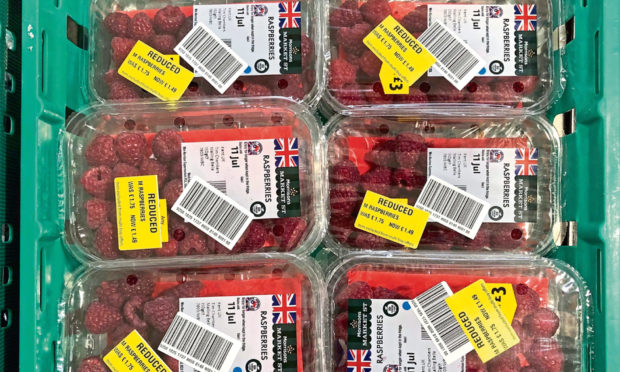The Brexit negotiations are being talked up and then talked down as both sides struggle to find a deal they can sell.
Both know that in the current economic situation “no deal” is not really an option.
UK negotiators have, however, been surprised by the reluctance of the EU to fold, but this was always less likely than government ministers suggested.
Whatever the outcome, farmers will continue to face months of confusion.
All they are likely to secure at this stage is some assurance that market access will continue and some indication of whether food imports will have to match EU standards.
Beyond that, a bigger issue is how Scotland can use devolution to avoid the English ultra-green approach to farm support and its planned ban on live exports from England and Wales.
The European Parliament has backed a European Commission plan to extend the present CAP, including direct payments, for up to two years until a new CAP, still based around direct payments, is agreed and implemented.
The European Food Safety Authority (EFSA) has brought science to the vexed question of whether food should carry “best before” or “use by” dates.
The European Commission estimates at least 10% of the 88 million tonnes of food thrown away across the EU is linked to date marking.
EFSA says “use by” is about safety, while consumers should use their judgment and senses to decide whether “best before” products should be thrown away.
Reducing the EU’s mountain of food waste is one of the targets of its green deal programme to cut carbon output by 2030.
The European Commission has claimed that livestock farmers must live up to their responsibilities for climate change and not assume they can adopt a “business as usual” approach.
Michael Scammel – the deputy director of agriculture – said the industry must not be over-defensive and accept the need for change.
Around 7% of EU greenhouse gases come from livestock.
Brussels says it also contributes to biodiversity loss and deforestation in third countries, because of its reliance on imported soya.
